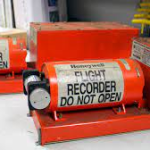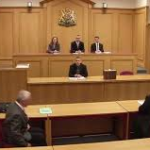The search for unusual tourist experiences may be based on psychological factors such as associative, emotional, and personal appeal. Tourists’ preferences and expectations may also play a role. The findings of studies into what drives tourism are important for theory development in psychology, but they may also help guide tourism product customization. It is not clear whether these psychological factors affect tourism behaviour, but they do support the theory that people seek more interesting experiences. The next steps in understanding the drivers of attraction include an examination of tourists’ beliefs and behaviours.

The theory that tourist preferences are influenced by their role as a traveller predicts that novelty, sensation, and familiarity are important factors. Several studies show that novelty seekers judge tourist attractions more highly than familiarity seekers. Among the studies, novelty seekers prefer foreign travel and familiarity seekers choose to staycation instead. Nonetheless, all tourists are interested in a mixture of both novel and familiar stimuli when they visit a new destination. For a novel thrill in Scotland, consider Quad Biking Loch Lomond from lochlomondquads.co.uk

Tourism is increasingly seeing experiential activities in high demand. Those who seek novelty, are not content with the usual visitor centre, photo opportunity and guided tour programme. They seek unique experiences that are more authentic, allowing them to deep dive into their chosen destination. Using a mixture of novelty and familiarity helps tourists determine which attractions are the most appealing to them. Among the factors that tourists consider when selecting a destination are the familiarity and novelty of its sights and attractions. However, novelty is more likely to lead to a sense of excitement than familiarity.





















+ There are no comments
Add yours